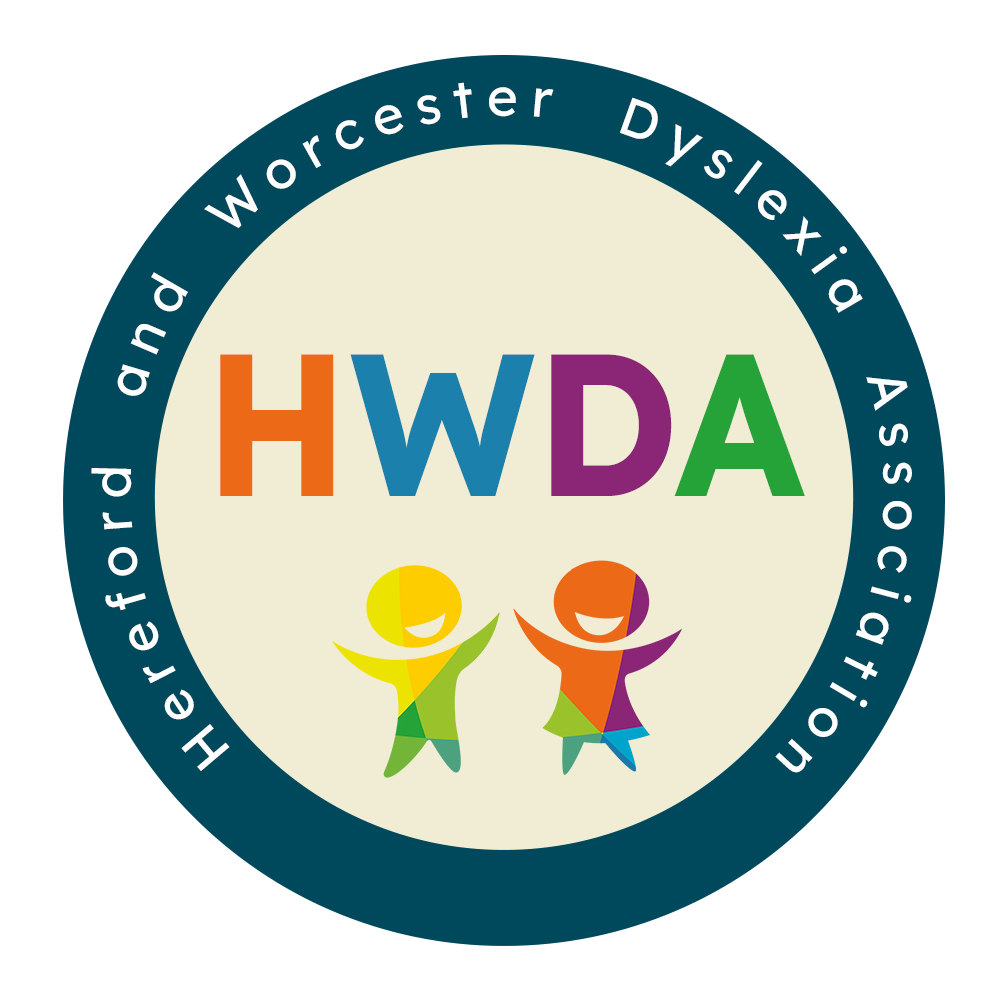What is Dyslexia?
New Definition of Dyslexia by SASC (SpLD Assessment Standards Committee)
Patoss – the professional association of teachers of students with specific learning difficulties – is pleased to inform you that SASC have announced a long-awaited new definition of dyslexia. The following is the current, updated version following the SASC presentation on the new definition of dyslexia on 15th May 2024:
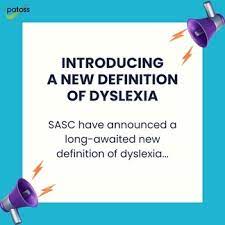
The correct version of the new definition of dyslexia is as follows:
- Dyslexia is primarily a set of processing difficulties that affect the acquisition of reading and spelling.
- In dyslexia, some or all aspects of literacy attainment are weak in relation to age, standard teaching and instruction, and level of other attainments.
- Across languages and age groups, difficulties in reading and spelling fluency are a key marker of dyslexia.
- The nature and developmental trajectory of dyslexia depends on multiple genetic and environmental influences.
- Dyslexic difficulties exist on a continuum and can be experienced to various degrees of severity.
- Dyslexia can affect the acquisition of other skills, such as mathematics, reading comprehension or learning another language.
- The most commonly observed cognitive impairment in dyslexia is a difficulty in phonological processing (i.e. in phonological awareness, phonological processing speed or phonological memory). However, phonological difficulties do not fully explain the variability that is observed.
- Working memory, orthographic skills and processing speed problems can contribute to the impact of dyslexia and therefore should be assessed.
- Dyslexia frequently co-occurs with one or more other developmental difficulty, including developmental language disorder, dyscalculia, ADHD, and developmental coordination disorder.
For more information about the Delphi study, through which the definition was developed, can be downloaded from the SASC website: https://www.sasc.org.uk/
Information on the Patoss website can be found here: https://www.patoss-dyslexia.org/news/introducing-a-new-definition-of-dyslexia
The following video by the BDA (British Dyslexia Association) provides a helpful, child-friendly explanation about what dyslexia is and how it affects ways of thinking. Watching it with your child and other family members will give a good understanding of the challenges and skills dyslexia brings.
Is My Child Dyslexic? BDA Guidance to Diagnosis

Diagnosis
If you suspect that your child may be dyslexic and would benefit from additional support then your first step should be to consult your child’s teacher or the school’s Special Educational Needs Coordinator (SENCo) to discuss your concerns.
The SENCo may decide to carry out screening tests or checklists to find out more about your child’s areas of strength and weakness in order to see how best they can be supported in the classroom. This support is called SEN Support.
A school doesn’t need a formal diagnosis to put support in place for your child and shouldn’t delay in providing appropriate support and/or interventions. However, a Diagnostic Assessment can help to ensure that the appropriate interventions are put in place.
Diagnostic Assessment
The only way dyslexia can be formally diagnosed is through a Diagnostic Assessment carried out by a certified dyslexia assessor. This assessment will tell you if your child is dyslexic or not. You will receive a detailed report outlining areas of strengths and weaknesses and a clearer idea of your child’s cognitive profile and how best to support them.
The aim of the assessment aim is:
- To highlight the young person’s individual style of learning or working and what does/doesn’t work for them
- To collect information about reading, spelling and writing skills
- To identify whether there is a clear discrepancy between general level of ability, and reading and writing attainment
- To consider other factors which may be affecting learning
- To identify whether any Reasonable Adjustments will need to be made in order for a young person to fully access the curriculum and exams
Through consultation with the school’s SENCo these assessments can either be requested by the school, or you can arrange and pay for an assessment privately.
The British Dyslexia Association can offer advice, and arrange Diagnostic Assessments. Find out more on the BDA Assessment webpage.
Building Inclusive Workplaces
The following guidance by Worcestershire Council sets out health conditions and disabilities sets out a useful toolkit has designed to support the creation of a culture of understanding and inclusivity.
Within the toolkit, several different types of disabilities/difficulties have been highlighted. Each area provides information on the disability/difficulty and what an employer can do to help provide support.
Dyslexic Thinking Skills
This link to Dyslexic Thinking Skills is a user-friendly guide to how the dyslexic brain works and the strengths this brings to individuals.
https://www.facebook.com/madebydyslexia/videos/906537180702592/?mibextid=rS40aB7S9Ucbxw6v
Made by Dyslexia Celebrates the Dyslexic Thinking Skills of Inspiring Women on International Women’s Day 2024
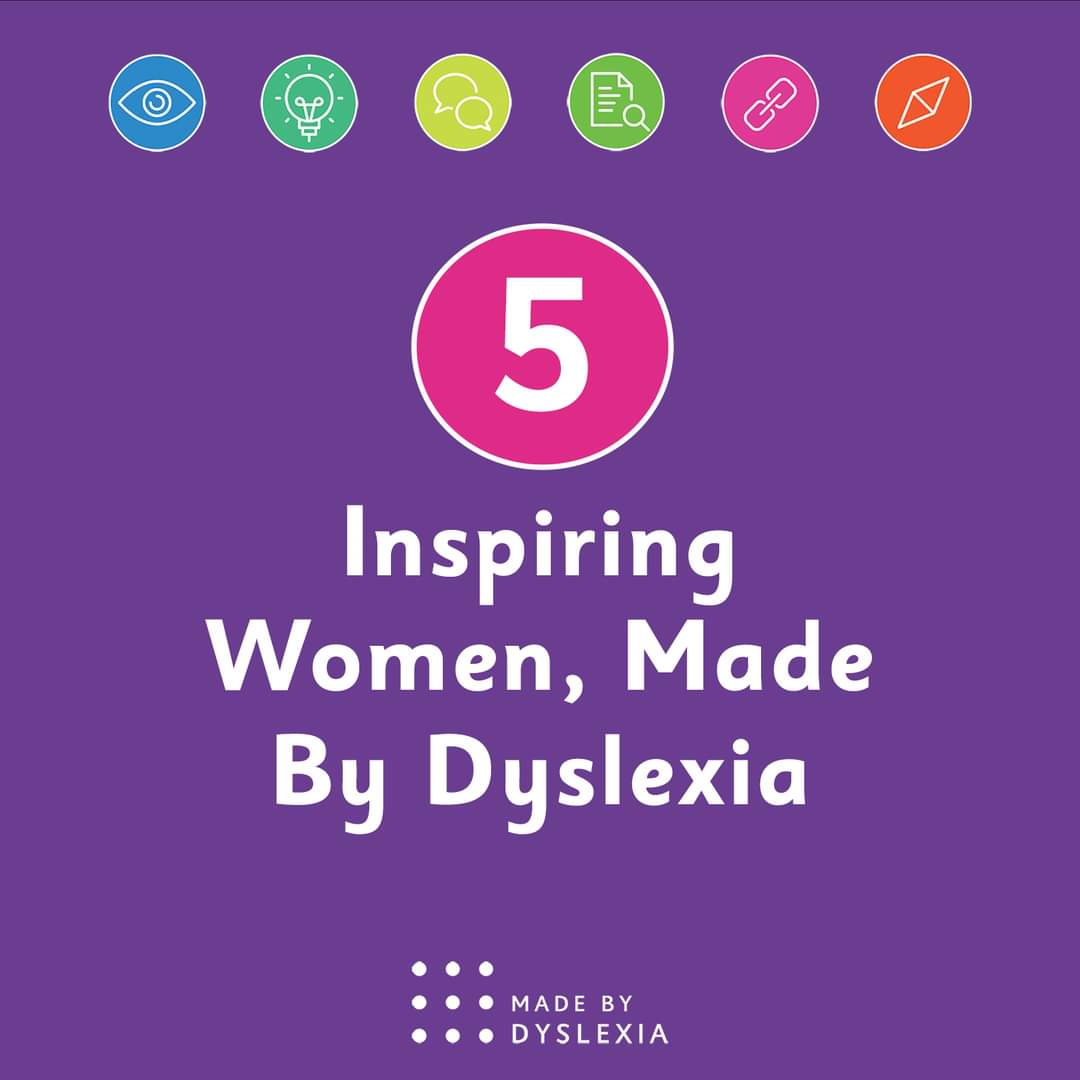
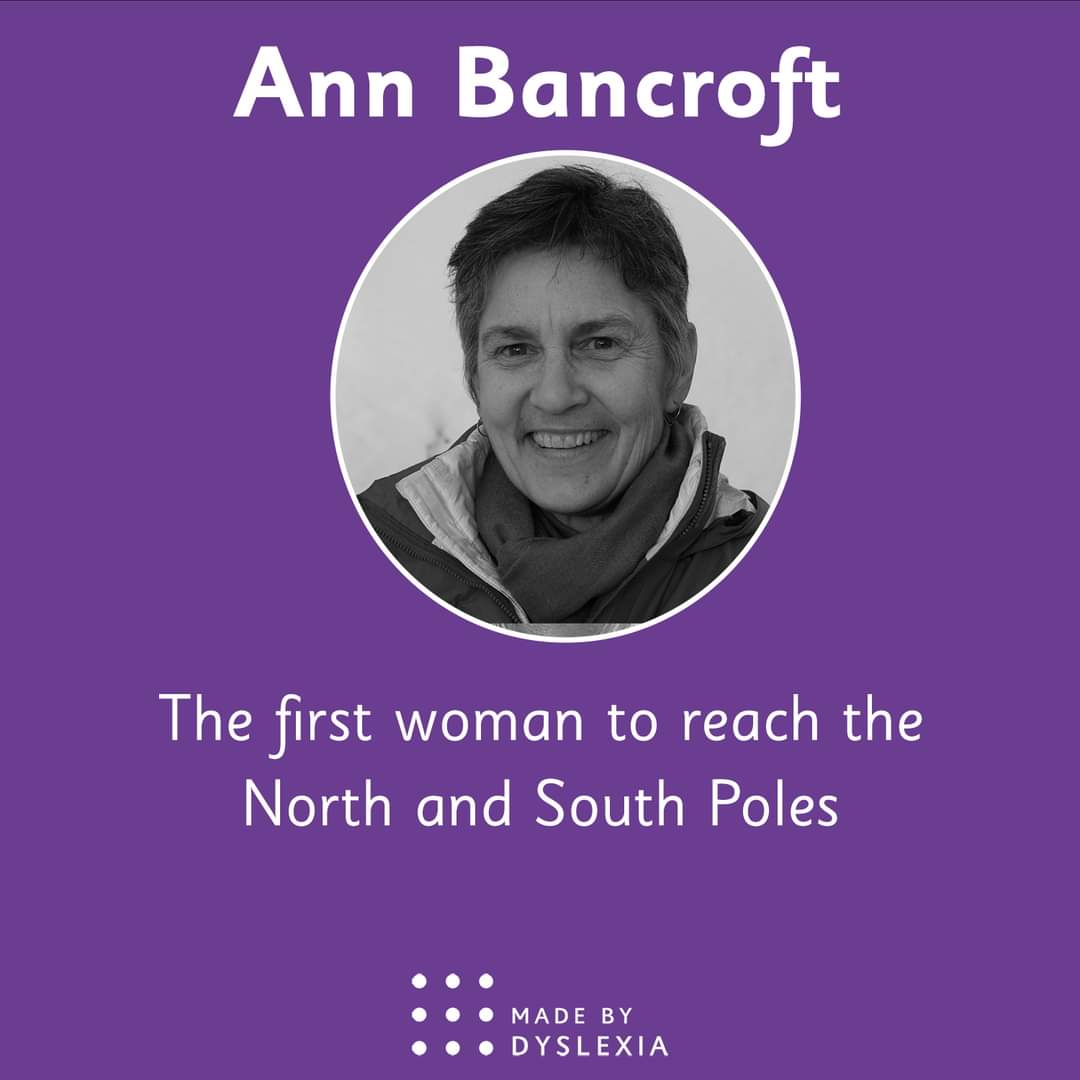
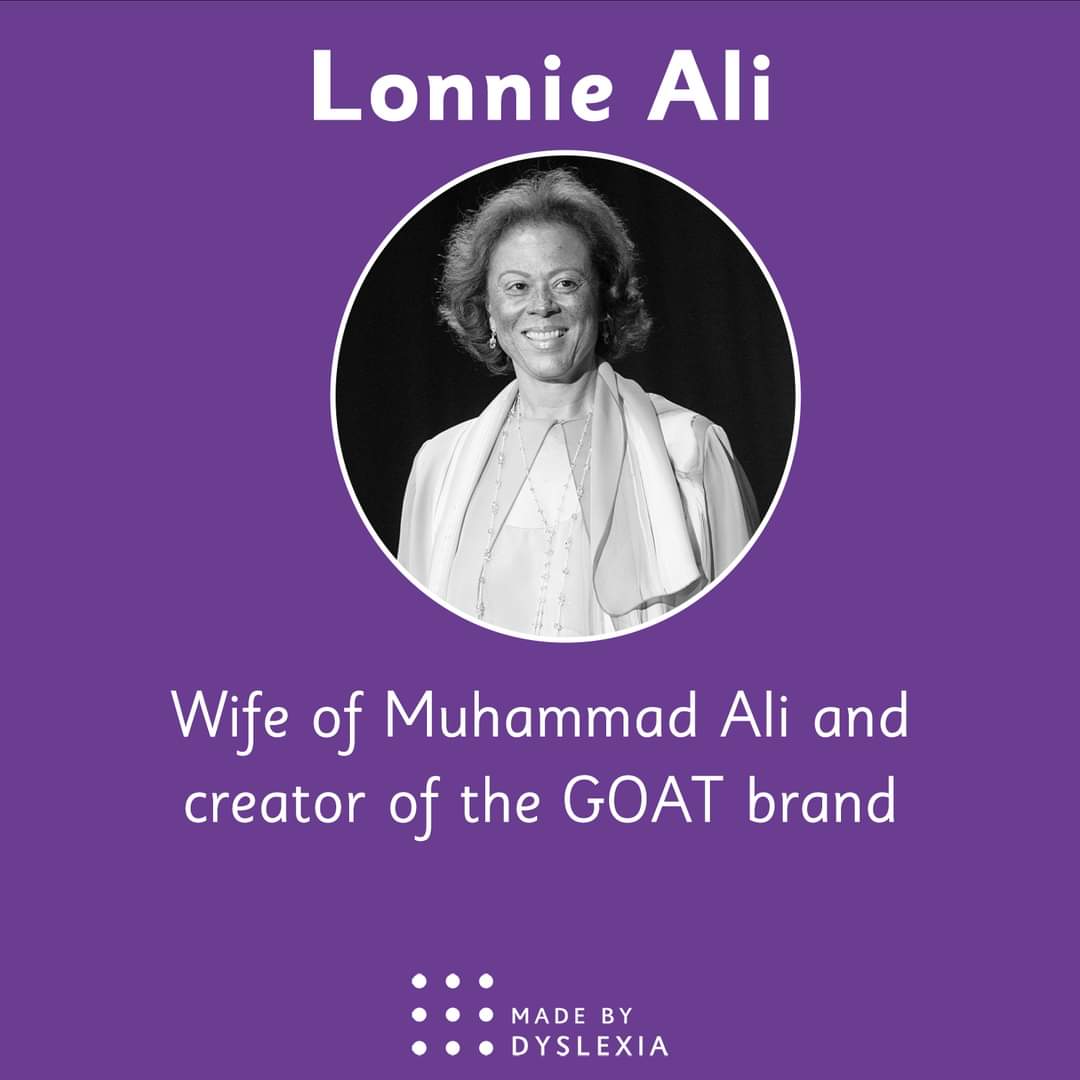
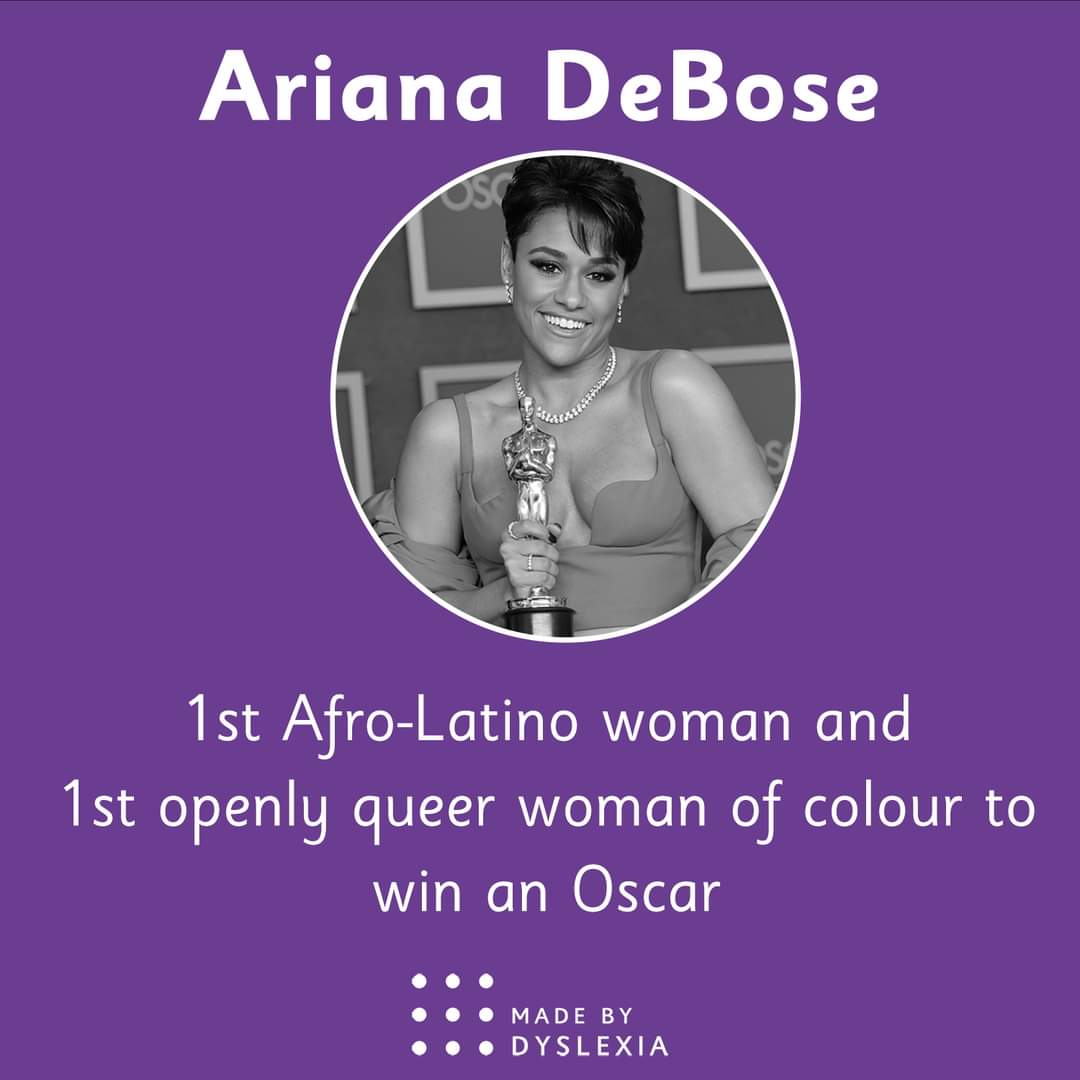
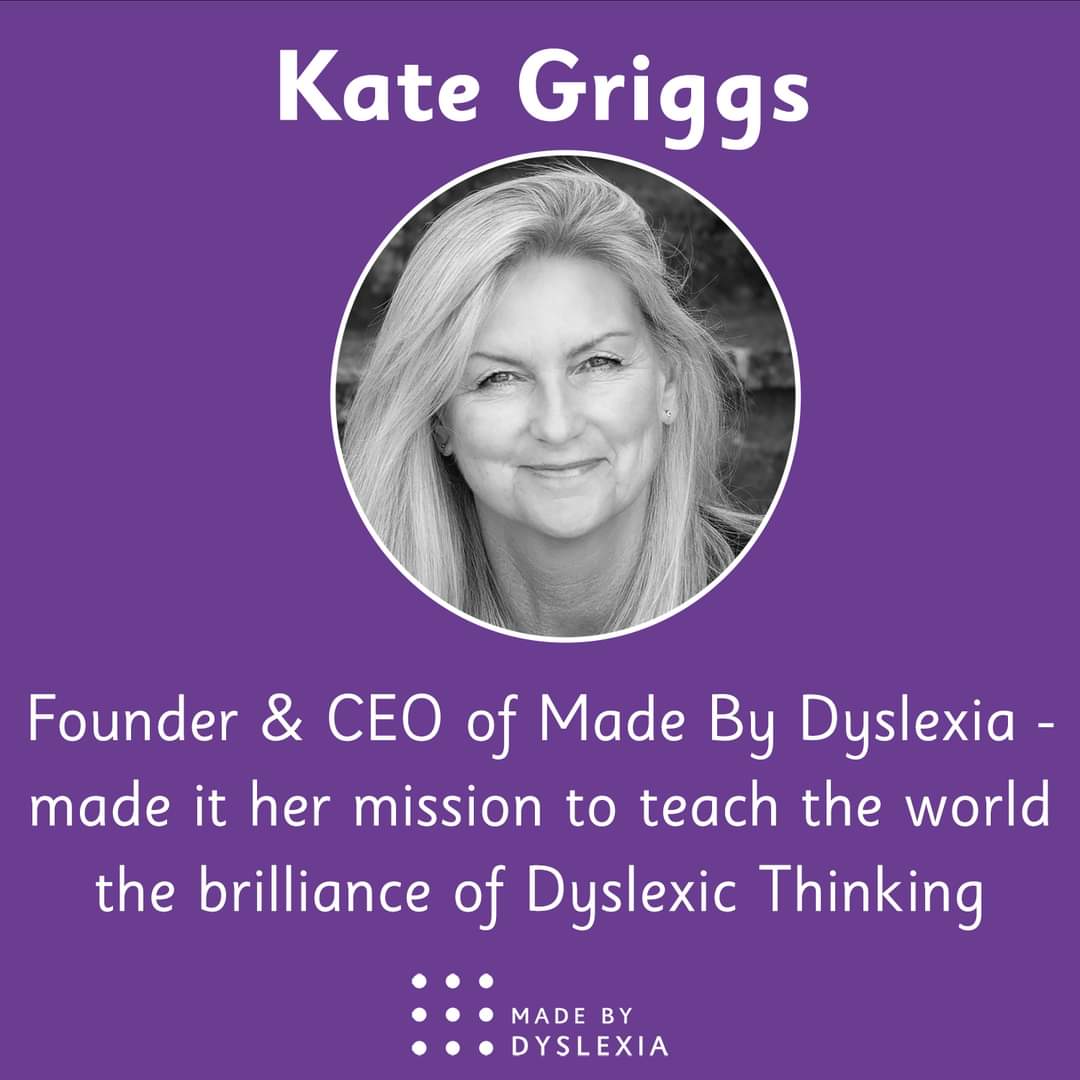
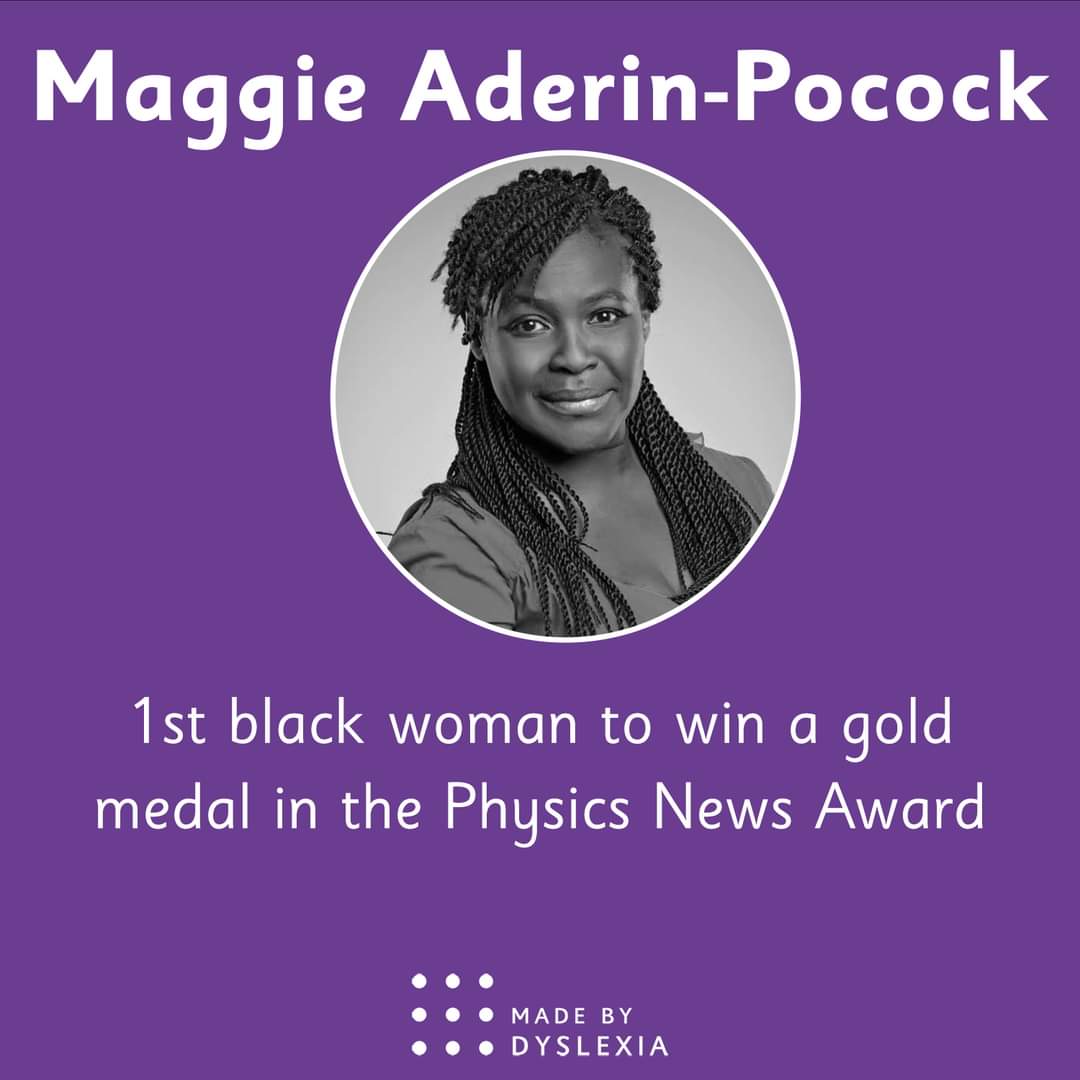
On International Day of Women and Girls in Science, hear how space scientist, Maggie Aderin Pocock’s out of this world thinking is Made by Dyslexia and let’s inspire every dyslexic to reach for the stars!
https://www.facebook.com/watch/?v=499059634088308
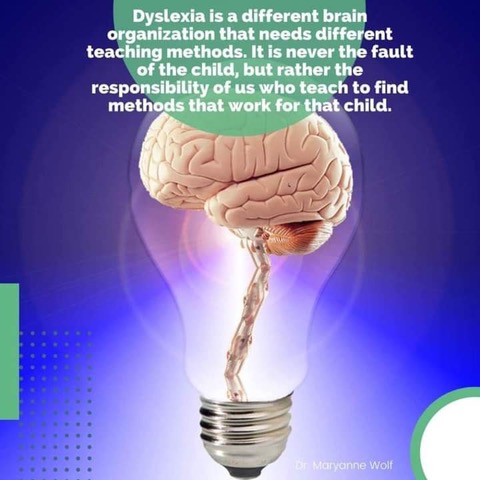
Dyslexia is a learning difference, a combination of strengths and weaknesses which affects the learning process in reading, spelling, writing and sometimes numeracy. Dyslexic learners may also have accompanying weaknesses in short term memory, sequencing and the speed at which they process information. These are skills that everyone needs if they are to learn effectively in a busy classroom. They are also key skills for life.
Dyslexia is a spectrum disorder, with symptoms ranging from mild to extremely severe. Dyslexia is not related to intelligence – dyslexics may be extremely intelligent or have a low IQ.
A dyslexic person might struggle to develop fully the ability to read and write accurately and fluently. Multitasking might be a challenge (for example, deciding on content while also delivering neat and accurate presentation).
Dyslexic people may benefit from being encouraged to see this as a difference, not a difficulty or disability. They may often have strengths in other areas, showing ability and intelligence. Alongside their challenges, dyslexics may have abilities such as:
- Perception
- Vivid imagination
- Creativity
- Intuition
- Thinking in pictures instead of words
- Spacial awareness and design skills
- Capable of seeing things differently from others
- Excellent auditory memory
- Superior reasoning
Famous and successful dyslexics
There are many examples of people who have successfully overcome the dyslexic challenges they face, including:
- David Bailey – Photographer
- Orlando Bloom – Actor
- Richard Branson – Founder, Virgin
- Darcey Bussell – Ballet dancer
- Agatha Christie – Writer
- Tom Cruise – Actor
- Roald Dahl – Author
- Leonardo da Vinci – Artist
- Walt Disney – Film producer
- Albert Einstein – Scientist
- Ben Elton – Comedian and author
- Noel Gallagher – Singer
- Bill Gates – Founder, Microsoft
- Steve Jobs – Founder, Apple
- Nigel Kennedy – Violinist
- Keira Knightley – Actor
- John Lennon – Musician
- Jamie Oliver – Chef
- Marco Pierre-White – Chef
- Pablo Picasso – Artist
- Lord Richard Rogers – Architect
- Steven Spielberg – Director
- Joss Stone – Singer
- Henry Winkler – Actor
For a much longer list, see here.
Common experiences
Reading may be hesitant and involve a lot of guess work, and punctuation is sometimes ignored. Lack of fluency and errors may contribute to a failure to understand the text being read.
Spelling might show reversals of letter forms and letter order (for example, was / saw, u / n, dat / bat) and can sometimes result in bizarre, incomprehensible words. Errors might indicate inaccurate phonic awareness (for example, bikoz/ because). Reversals and ordering errors can also occur with numbers (for example, 2 / 5, 16 / 61, 6 / 9, 110 / 101).
Writing can present great difficulties. Pupils may lack the organisational skills required for effective planning of essays and assignments. Despite possibly having a good range and depth of vocabulary, writing may be much more restricted, and sentences and paragraphs may lack fluency and structure,
Symptoms might include:
- poor handwriting
- left/right confusion
- sequencing problems
- poor visual memory / discrimination
- visual stress / eye muscle-control difficulties
- poor auditory memory / weak phonological awareness schools
- poor vocabulary
- poor word attack skills
- inaccurate and monotonous reading
- bizarre spelling
- lack of concentration
- lack of self confidence
- inability to copy accurately from the board
- difficulty with sentence construction and punctuation
- misunderstanding of written and / spoken language – instructions etc
- behaviour / emotional difficulties
These issues may cause other difficulties including:
- telling the time
- learning tables
- remembering the order of days, months and seasons
- general forgetfulness
- struggling to follow a list of instructions from memory
If a person has great ideas and can speak at length and with enthusiasm about a topic,
but this bears little resemblance to what they can produce in writing, then strongly suspect dyslexia
British Dyslexia Association Definition
https://www.bdadyslexia.org.uk/dyslexia/about-dyslexia/what-is-dyslexia
‘Dyslexic Thinking’ is now officially recognised as a Valuable Skill by LinkedIn.
From March 2022, ‘Dyslexic Thinking’ will be recognised as a vital skill by LinkedIn, the world’s largest professional network. They’ll offer their 810+ million members globally the chance to add ‘Dyslexic Thinking’ to their profile.
In another incredible step forward, Dyslexic Thinking will enter the dictionary as a valuable and vital skill set – as dictionary.com confirms it will add it as an official term.
Sir Richard Branson considers his creative ability to be a product of his dyslexic thinking skills. Click the link to watch the LinkedIn presentation about how he and other famous people have been Made by Dyslexia.
Understanding Dyslexia
This video outlines key facts about dyslexia.
